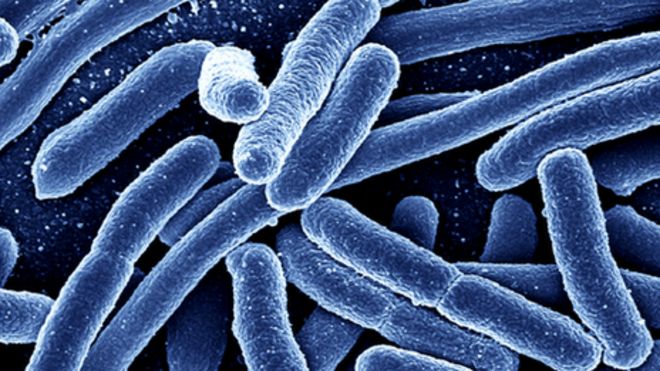E. Coli outbreak affects several eastern states, Ohio among them
Contaminated ground beef has resulted in 156 people in 10 states testing positive for E. coli infection, the Center for Disease Control reports.
“At this time, no common supplier, distributor, or brand of ground beef has been identified,” said the CDC in a report issued on Tuesday, April 23.
There have been 156 total reported cases of the disease: 65 in Kentucky, 33 in Georgia, 3 in Florida, 1 in Indiana, 1 in Minnesota, 1 in Mississippi, 8 in Ohio, 41 in Tennessee, and 2 in Virginia.
Twenty of those infected have been hospitalized; no deaths have been reported. The CDC states that cases starting after March 26 may not be accounted for on the list of infections due to them having not been reported yet.
The CDC is currently investigating the source of the infected beef, and as of Tuesday the CDC had released a statement saying, “Consumers and restaurants should handle ground beef safely and cook it thoroughly to avoid food-borne illness.”The CDC has not said that consumers should avoid beef, but has instead issued a statement saying that extra precautions should be taken when handling raw beef and when cooking.
Most strains of E. coli are harmless, but some do cause sometimes severe infections that can result in death. E. coli (Escherichia coli) is a bacteria whose typical incubation period is usually 3 to 4 days. But it can be as little as one day and as many as 10 days. It is a bacteria that primarily focuses on the digestive system. Its avenues of transmission include contaminated produce, meats, and other farm grown products. Lettuces and greens are the produce most commonly affected.
The symptoms of E. coli are consistent between strains and include nausea, vomiting, stomach cramps, diarrhea that can be bloody (which can be fatal), fever, loss of appetite, and dehydration. If left untreated, E. coli can result in fatal complications such as hemolytic-uremic syndrome, which causes kidney failure due to a depletion of red blood cells and platelets. Another complication of E. coli is peritonitis, which is a tenderizing and thinning of the abdominal wall. E. coli can also result in septicemia, a reaction when the body’s defense system goes haywire and attacks it own tissues and organs, resulting in septic shock and eventually death.
To prevent infection, the CDC recommends thorough hand washing when handling raw meats and produce, cooking meat thoroughly, and using caution to avoid cross-contamination of foods.







